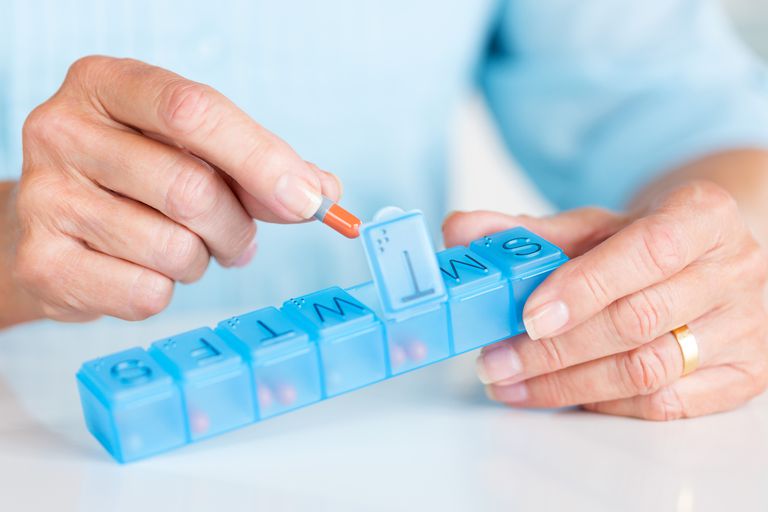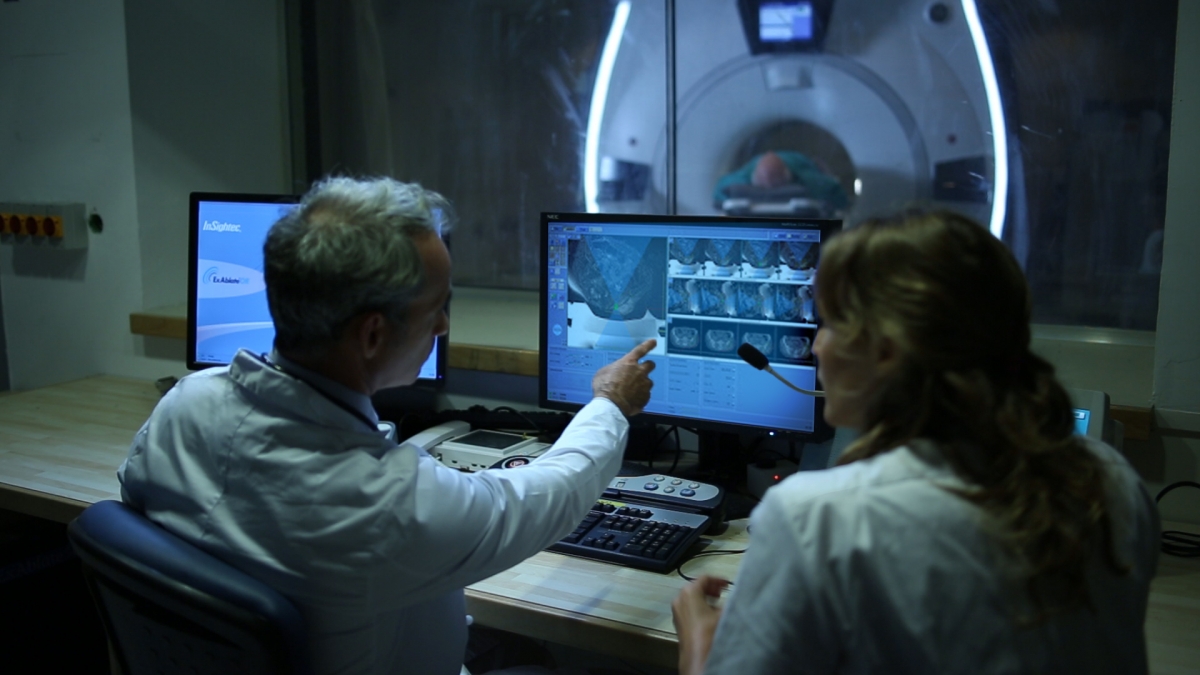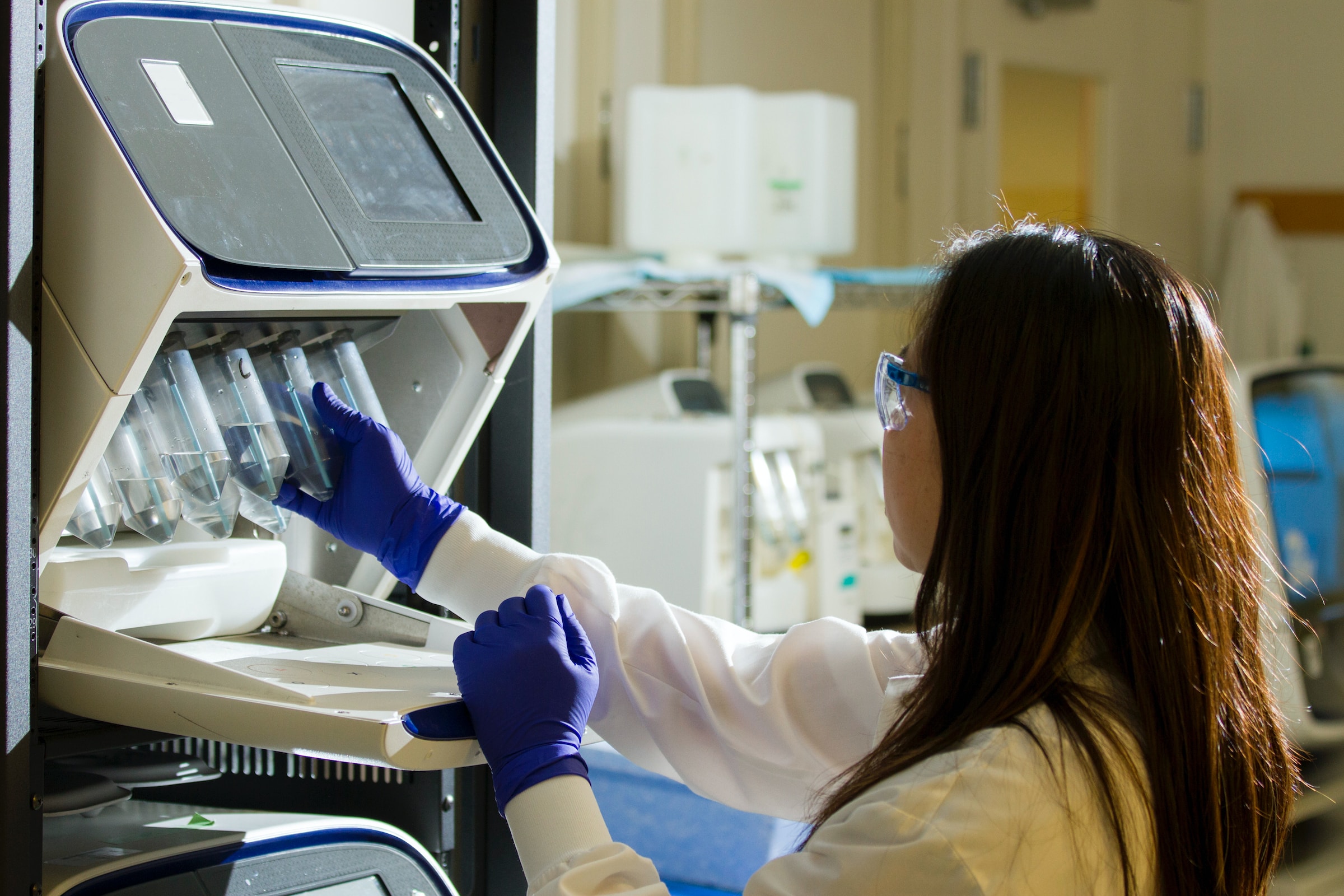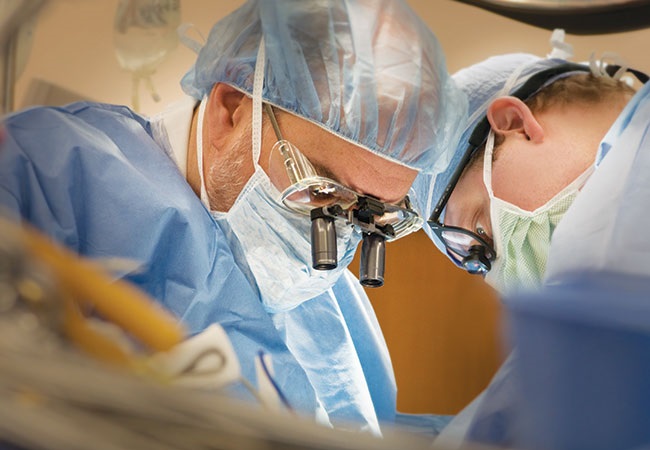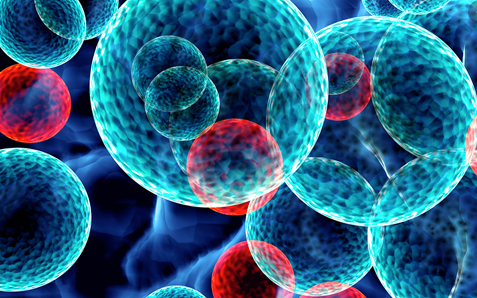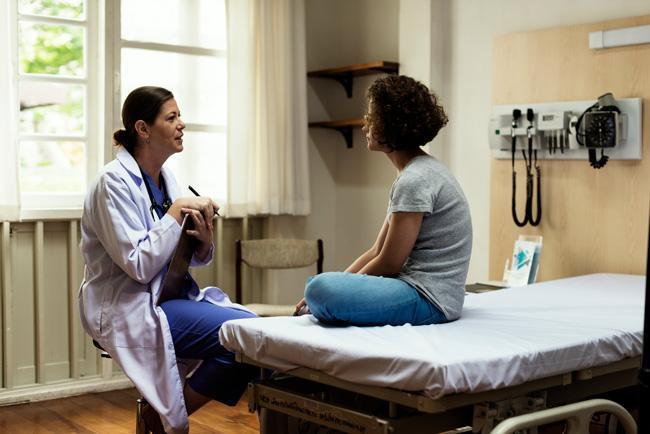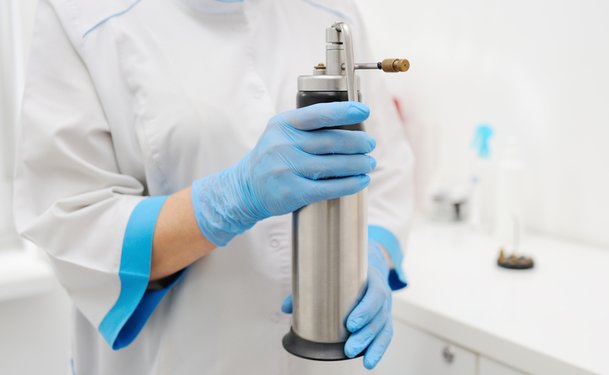Prostate Cancer Treatment in Ludwig Erhard Strasse
Search and Compare the Best Clinics and Doctors at the Lowest Prices for Prostate Cancer Treatment in Ludwig Erhard Strasse













































































































































No Time?
Tell us what you're looking for and we'll reach out to the top clinics all at once
What does a Prostate Cancer Treatment Procedure Involve?
If you are generally healthy and cancer has not spread, surgery is the best option. Surgery is performed during general anesthetic and may involve removing your prostate gland and the tissue around it. Following on with radiation therapy, high-energy beams (similar to X-rays) are used to kill the cancer cells, or with chemotherapy, drugs taken by the mouth or through an IV are used to kill cancer cells and shrink the tumors. For advanced prostate cancer, immunotherapy is used to use your immune system to fight cancer.
How Long Should I Stay in Ludwig Erhard Strasse for a Prostate Cancer Treatment Procedure?
The length of time spent in Ludwig Erhard Strasse greatly varies depending on your selected Prostate Cancer Treatment. Certain treatments may involve brief hospital admissions, others could mandate extended periods of hospital care. After surgery, you may need to stay for around 7 to 14 days. For chemotherapy, radiation therapy, and immunotherapy, your length of stay depends on how many cycles are needed for your specific case.
Moreover, one must factor in the time needed for initial discussions prior to the procedure and subsequent check-ups post-therapy. For instance, operations like a radical prostatectomy might necessitate an extended hospital stay compared to treatments like proton beam therapy. Furthermore, it might be prudent to extend your stay beyond the necessary time for a seamless recuperation.
What's the Recovery Time for Prostate Cancer Treatment Procedures in Ludwig Erhard Strasse?
The recovery time following a Prostate Cancer Treatment process can differ greatly from one person to the next. Variations in factors like the form and progression of prostate cancer, the particular treatment approach applied, and the person's entire health status can substantially affect recuperation durations. For example, recuperation durations typically extend further following operations such as a radical prostatectomy compared to therapies like radiotherapy.
Generally, after prostate cancer surgery, most men will get back to normal within six to eight weeks, but you may be able to go back to work within 3-4 weeks. After any type of therapy, you should be able to return to work the next day or if there are no symptoms that interfere with your ability to work. Make sure to ask your doctor how long until you can resume your normal activities, including exercises and heavy lifting.
What sort of Aftercare is Required for Prostate Cancer Treatment Procedures in Ludwig Erhard Strasse?
The strategy for post-treatment follow-up subsequent to a Prostate Cancer Treatment procedure in Ludwig Erhard Strasse entails a multi-faceted approach, targeted at facilitating a superior recuperation journey. Your doctor will likely give you instructions, which may include eating a healthy, balanced diet and performing light exercises. You may also need to attend follow-up appointments with your local doctor to monitor your condition. During this appointment, make sure you tell your doctor about any symptoms you experience.
What's the Success Rate of Prostate Cancer Treatment Procedures in Ludwig Erhard Strasse?
Survival rates are particularly high for patients diagnosed in the early stages of prostate cancer. The 5-year survival rate is nearly 100%, but if the prostate cancer has spread to other parts of the body, the survival rate is significantly reduced to 30%. Notwithstanding, it is crucial to bear in mind that such statistics represent mean values, and individual results can deviate significantly owing to numerous variables. These include the patient's general well-being, the cancer's progress, and the distinct therapy employed.
Are there Alternatives to Prostate Cancer Treatment Procedures in Ludwig Erhard Strasse?
If you prefer not to undergo any of the treatments mentioned above because of the side effects or your personal reasons, you can discuss with your doctor what your alternatives are. For early prostate cancer, you may undergo cryotherapy or cryosurgery. If your condition does not cause any symptoms, your doctor may suggest active surveillance.
This information has been accurately sourced and verified by a medical professional for its accuracy, however, we strongly recommend you to consult with your doctor before pursuing medical procedures overseas.









